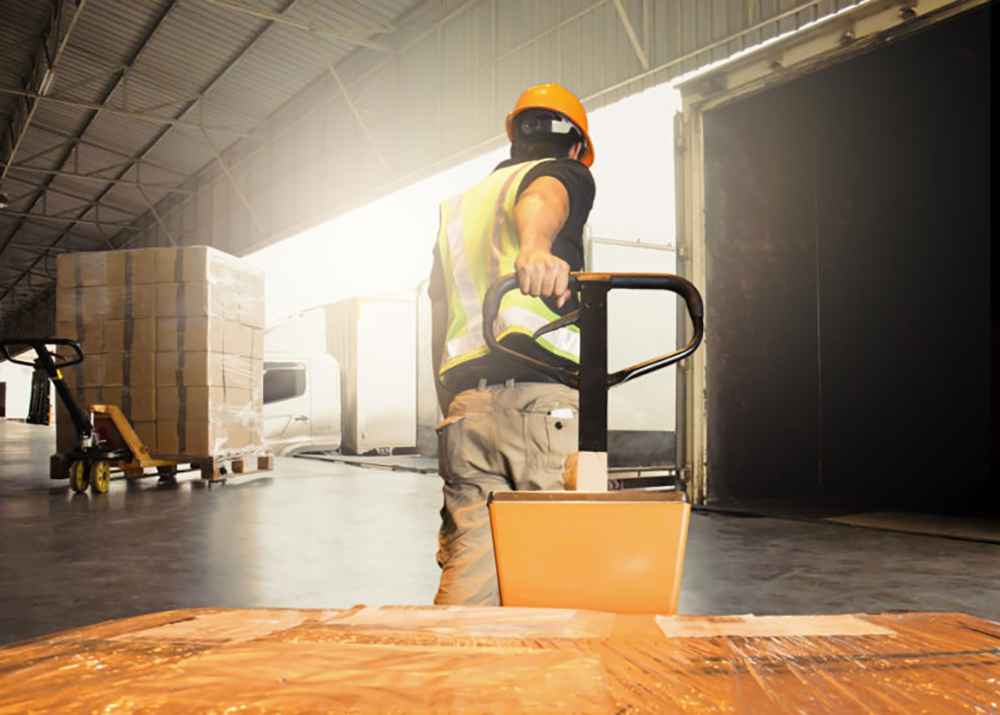
Deciding which option is right for you depends on your specific needs. Here’s how Less Than Truckload Shipping (LTL) stacks up against Full Truckload Shipping (FTL).
To determine what shipping option you need, here are a few things to consider:
Less Than Truckload (LTL)
- LTL refers to “less than truckload”, meaning your goods will take up less than the full truck. Your shipment will travel with other commodities in the trailer.
- LTL shipments are generally over 150 lbs. and under 10,000 lbs. – or use less than 24 feet of trailer space.
- LTL allows a company to pay for only the space they need and therefore is less expensive.
- LTL shipping reduces your environmental impact by reducing carbon emissions.
Full Truckload (FTL)
- FTL refers to “full truckload”, meaning the truck carrying your commodities will be dedicated to your goods only.
- LTL carriers need to make multiple stops along their route. The result is less predictable transit timelines. An FTL option may be necessary for businesses requiring tight pick-up and delivery timelines.
- When using FTL shipping, your commodities experience fewer stops (with loading and unloading). Reserving a whole trailer will make damage less likely. If you do not have the inventory to fill a trailer but have fragile freight, it may be worth the expense to go with FTL shipping.
- Full Truckload (FTL) shipments are those that use the entire length or weight capacity of the equipment, with a focus on point-to-point delivery or when the freight is time-sensitive and needs special attention.
If you are looking for a logistics partner, we are eager to hear from you. Through our member companies, the ShipNorthAmerica Network provides a broad range of services in specialized freight movement.
Visit our blog for more articles, news, and updates for the transportation industry.
